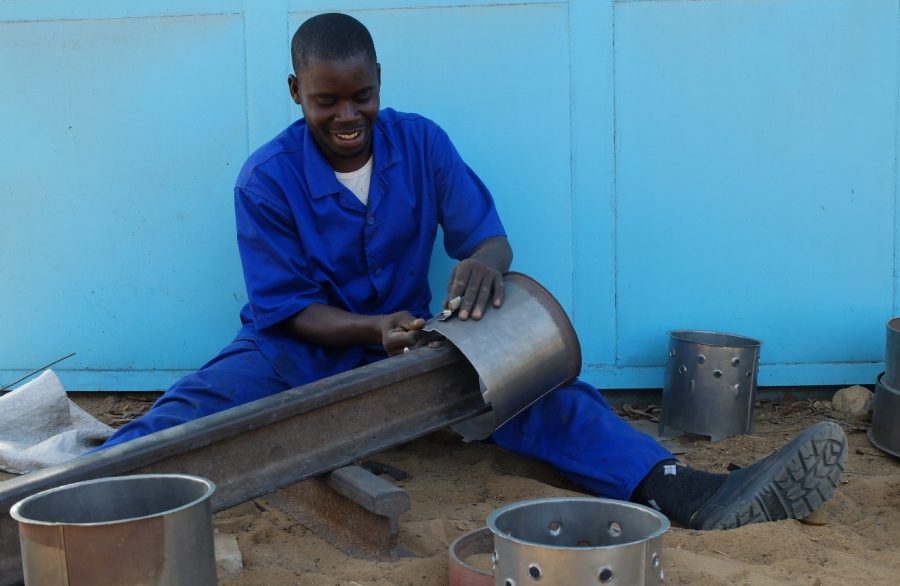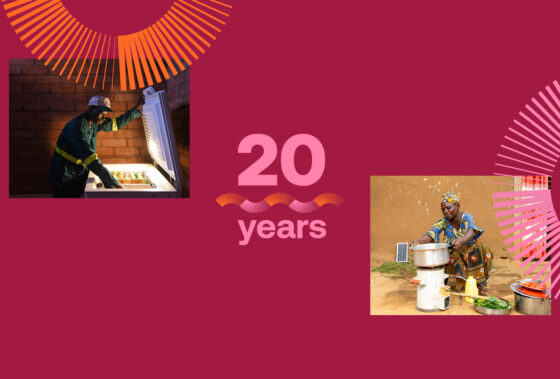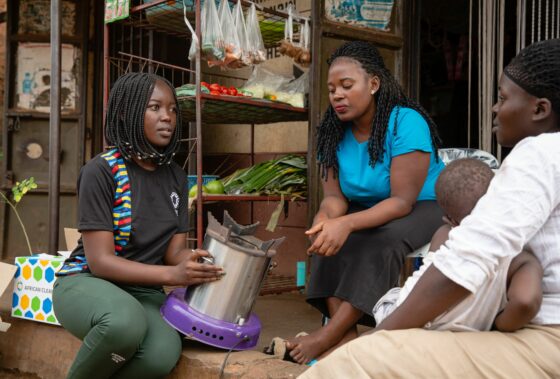Scaling Climate-Friendly Cooking: New Guide on the Professionalisation Approach

The Promotion of Climate-Friendly Cooking: Kenya and Senegal project has developed an innovative, market-based strategy to promote clean cooking access within Kenya and Senegal. The newly published in-depth guide to the so-called ‘Professionalisation Approach’ provides input on preconditions, implementation, and initial learnings from the approach.
Despite massive interventions over past decades, providing universal access to affordable, reliable, and modern energy services (SDG 7) still poses a challenge. While the promotion of climate-friendly cooking is essential to reach SDG 7, progress towards achieving universal access to clean cooking solutions remains insufficient: Approximately 2.3 billion people worldwide still lack access to clean cooking facilities and use traditional cooking methods instead, such as cooking on an open fire.
The Promotion of Climate-Friendly Cooking: Kenya and Senegal project addresses this issue by scaling up efficient cooking technologies. Over the past three years, the project has devised a holistic market-based approach in which local improved cookstoves (ICS) producers act as the key drivers of promoting efficient cooking technologies within Kenya and Senegal. Through this approach, the project supports the local ICS producers by providing so-called performance-based professionalisation kits. These kits consist of a range of materials and tools – for example, a welding machine – as well as comprehensive technical and business training modules covering topics such as health and safety, accounting, and marketing strategies. In addition, the ICS producers receive support in distributing their products even in remote regions. At the moment, the project collaborates with over 500 ICS producers in Kenya and Senegal.
One of the ICS producers involved in the project is Ousman Thiam. In 2012, Ousman founded his ICS workshop in Dakar, Senegal. In the beginning, he was able to produce 780 ICS a month. With the help of the professionalisation kit as well as a new ICS workshop in one of Dakar’s industrial zones, he was able to scale up his production to 1,500 ICS monthly. Achieving this milestone required him to recruit seven new employees, thereby creating employment opportunities for young people in the area.
Download the Guide
About the Promotion of Climate-Friendly Cooking: Kenya and Senegal project:
Implemented in partnership with the EnDev programme as an associated project, the Promotion of Climate-Friendly Cooking: Kenya and Senegal project aims to reduce greenhouse gas (GHG) emissions and improve people’s – and especially women’s – living conditions by transforming improved cookstove (ICS) markets in both Kenya and Senegal. At the core of the project, the Professionalisation Approach is implemented to establish a professional, fully commercial, and growth-oriented ICS supply chain for household stoves.

